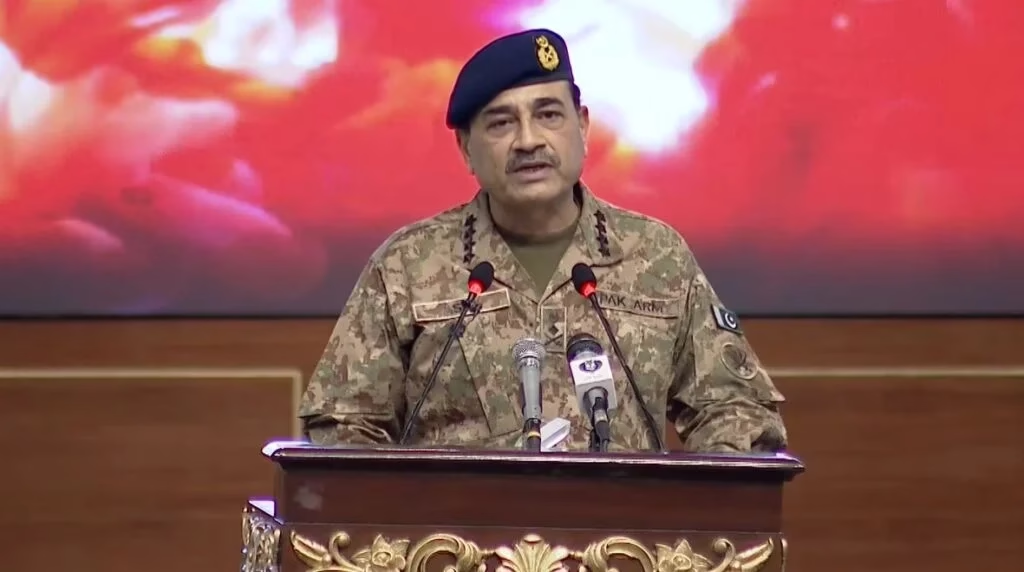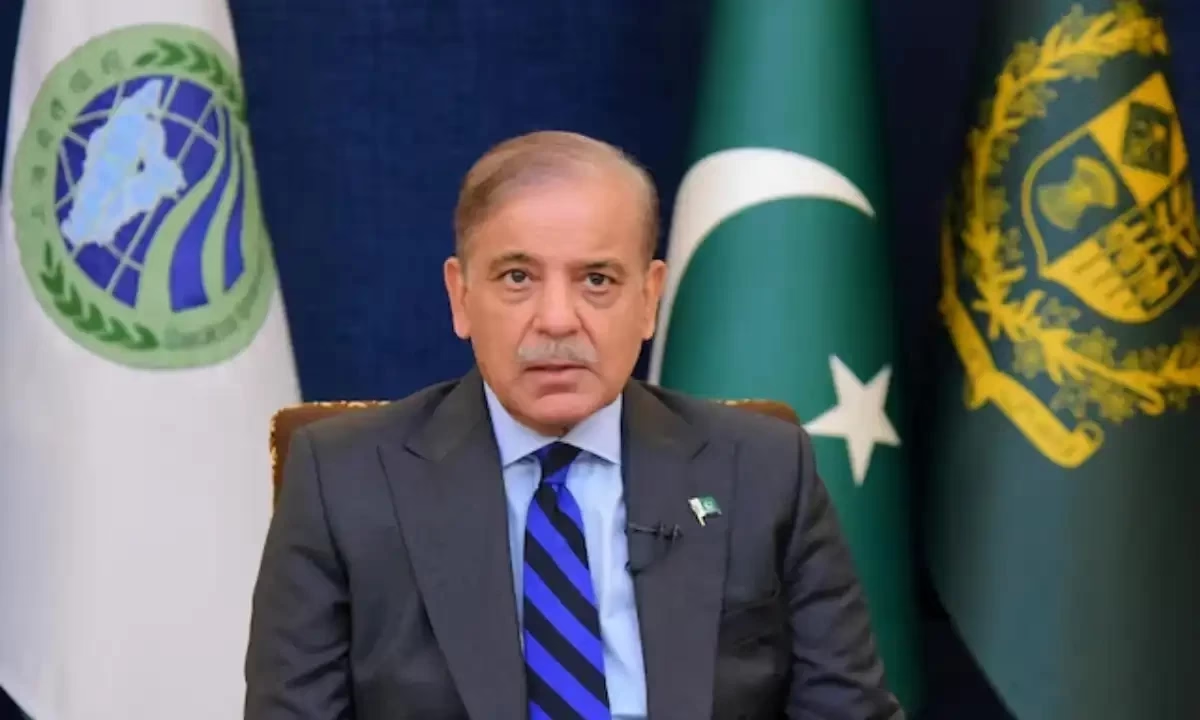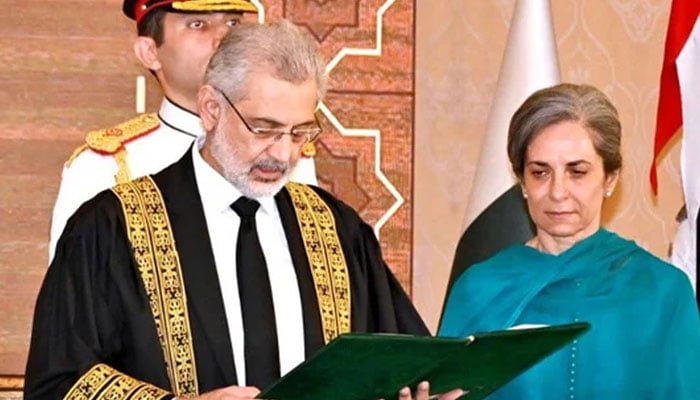Veteran journalist Zubeida Mustafa, a pioneering figure in Pakistani media, passed away in Karachi on Wednesday at the age of 84, following a prolonged illness. Her death marks the end of an era, leaving behind a monumental legacy of fearless journalism, social activism, and a lifelong commitment to amplifying the voices of the marginalized.
With a career spanning over five decades, Zubeida Mustafa was more than just a journalist—she was a voice for the voiceless, a tireless advocate for women’s empowerment, children’s rights, and social justice. As one of the earliest women to break into the mainstream media in Pakistan, she opened doors for countless others in a male-dominated profession. Her bold and uncompromising stance on truth-telling inspired a new generation of reporters and writers who saw in her a role model of integrity and resilience.
Mustafa authored eight influential books during her career, each reflecting her deep concern for the critical issues of her time—ranging from the status of women in society to the failings of Pakistan’s education system. Her writing was known for its clarity, conviction, and compassion, touching on real-life struggles and offering thoughtful critiques of systemic injustices.
In recognition of her extraordinary contributions, she was honored with the Lifetime Achievement Award by the International Women’s Media Foundation, one of the most prestigious recognitions in global journalism. But her legacy extends beyond awards—she mentored and shaped the careers of numerous young journalists, offering them both professional guidance and personal encouragement.
The Karachi Press Club (KPC), where Mustafa was a respected figure, issued a heartfelt statement on her passing. KPC President Fazil Jamili and Secretary Sohail Afzal Khan called her an “institution in herself”, emphasizing that her “unwavering commitment to truth and relentless pursuit of social justice paved the way for generations of journalists, especially women.” They added that her work on social issues such as education, public health, and human rights left an indelible mark on society, and demonstrated her deep empathy and unwavering dedication to public welfare.
The Human Rights Commission of Pakistan (HRCP) also paid tribute to Mustafa’s lifelong advocacy for justice. Describing her as someone who championed social, cultural, and language rights like few others, the HRCP emphasized that she never hesitated to stand by the oppressed. The commission termed her loss “irreparable” and extended its condolences to her family, friends, and the journalistic community.
Throughout her life, Zubeida Mustafa remained committed to the core values of ethical journalism—honesty, accountability, and courage. She was known for her calm demeanor, intellectual depth, and principled positions, even in the face of political or institutional pressure. In an age of sensationalism and clickbait, she held fast to the belief that journalism should serve the public interest and give voice to those on the margins.
Her passing has left a deep void in Pakistan’s media landscape. Tributes are pouring in from colleagues, civil society leaders, and human rights activists, all remembering her as a beacon of hope and integrity. For many, she was not just a reporter or editor—she was a symbol of what journalism could and should be.
Zubeida Mustafa’s legacy will live on in her writings, the journalists she mentored, and the causes she championed. Her voice may be silent now, but her impact will continue to resonate across newsrooms and communities in Pakistan and beyond.
She is survived by her family and a nation of admirers who will remember her as one of the boldest, kindest, and most principled journalists the country has ever known.



